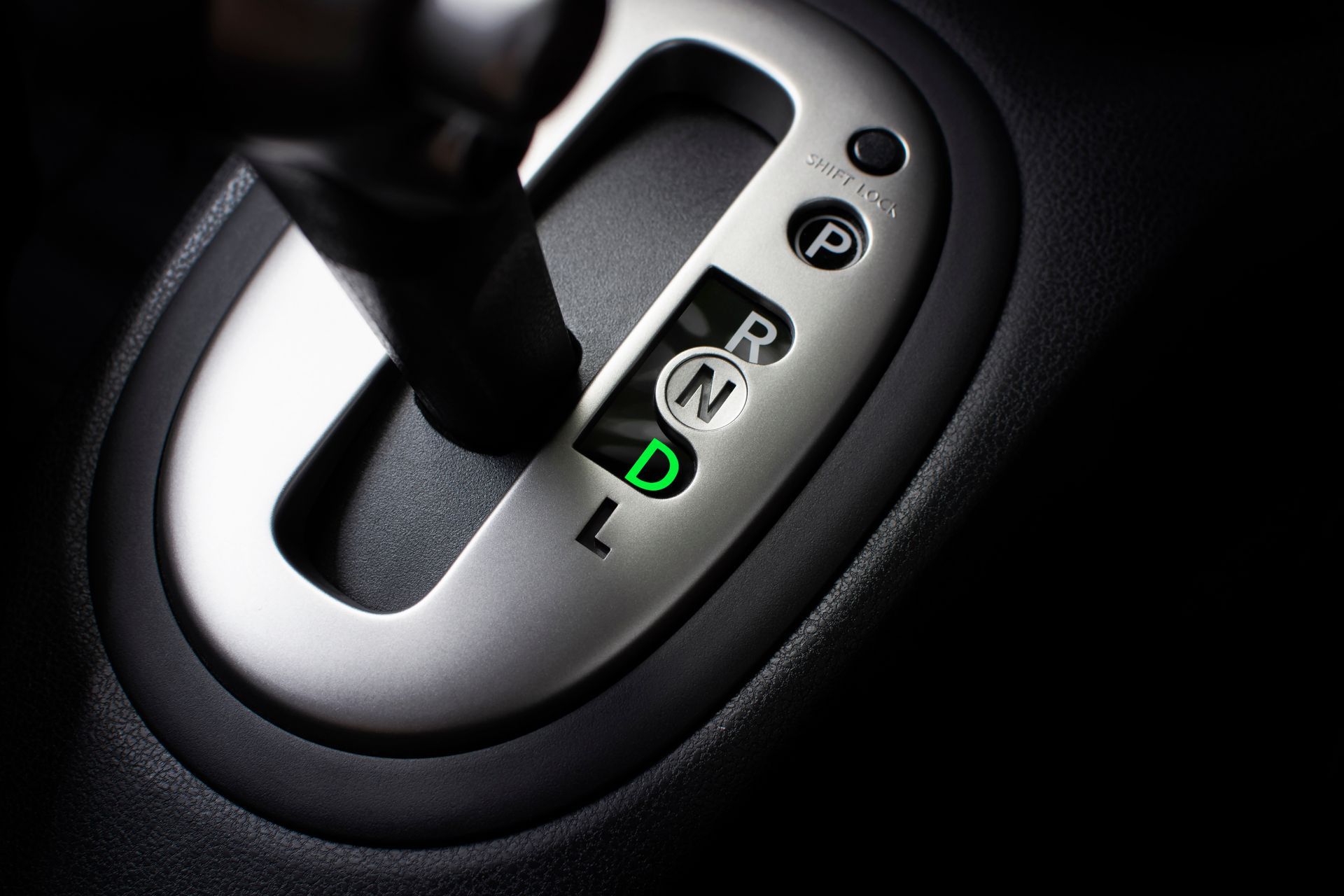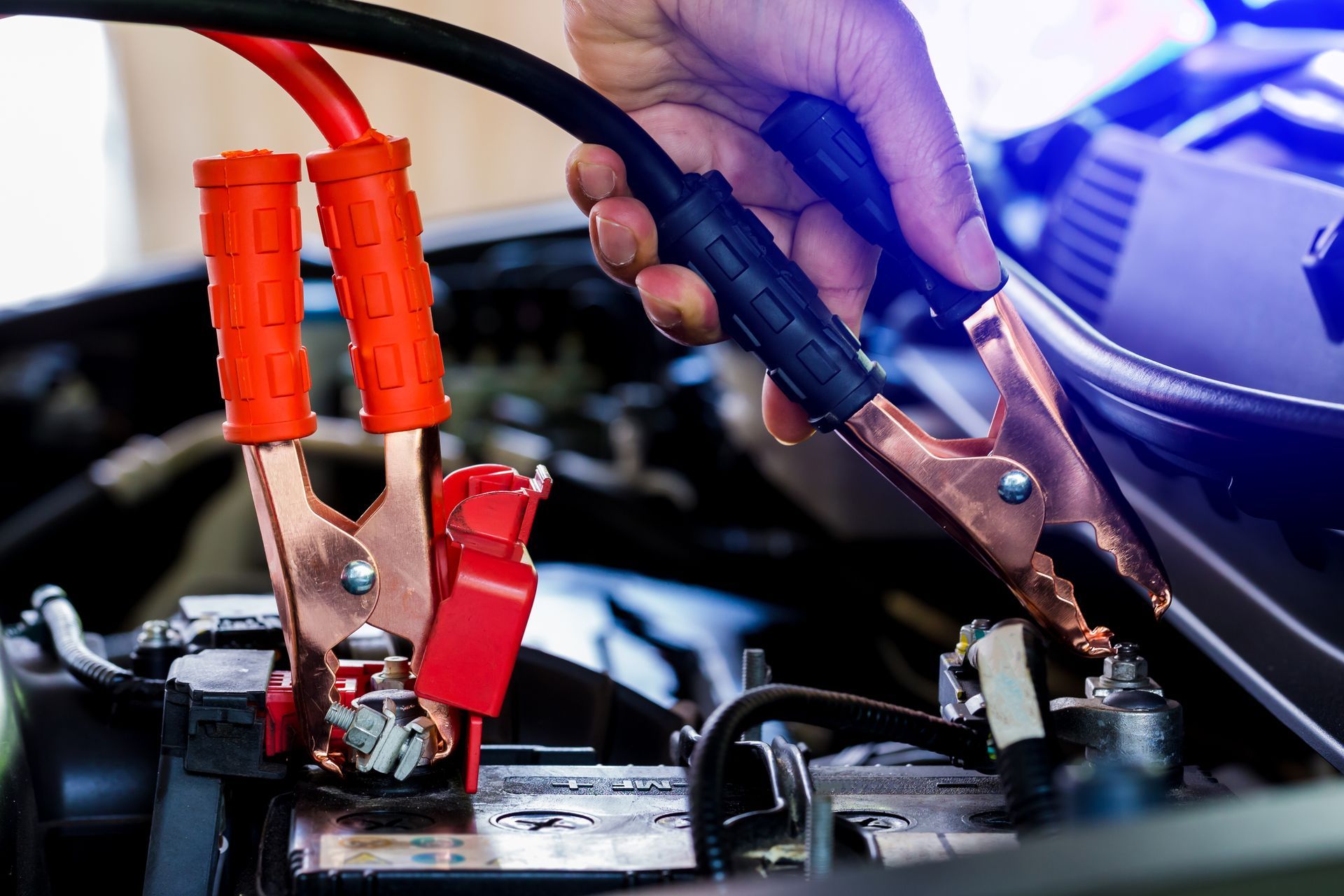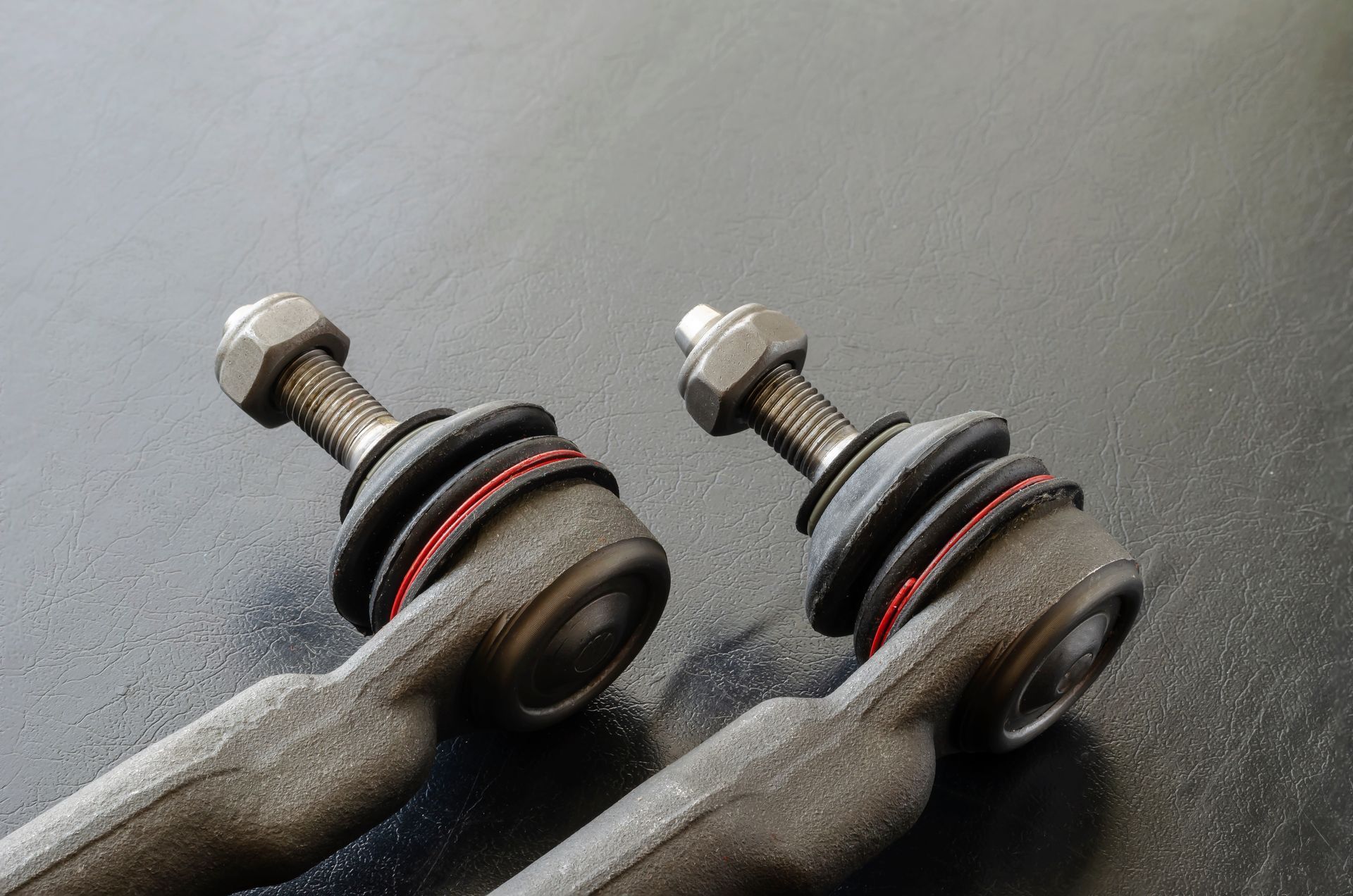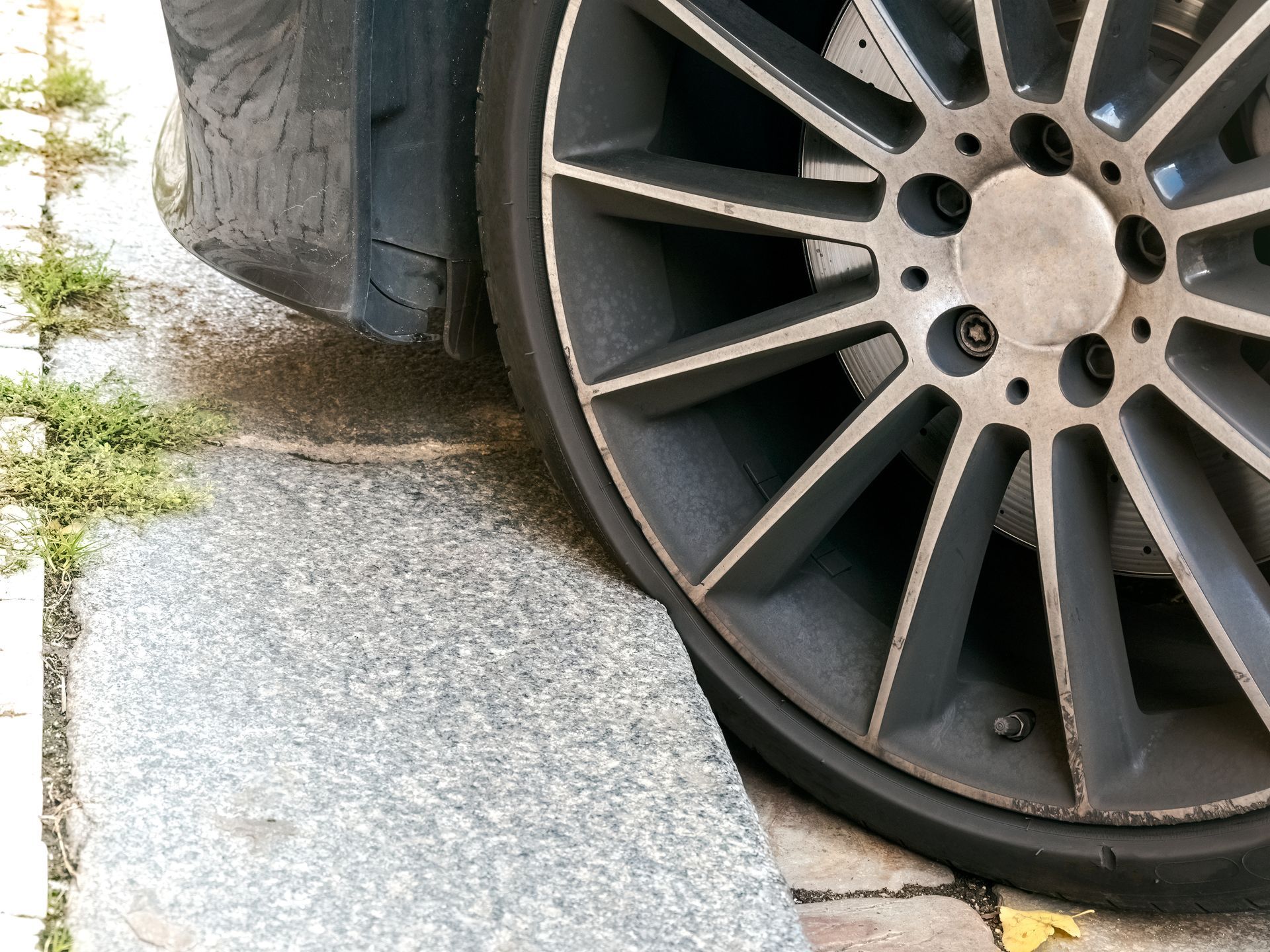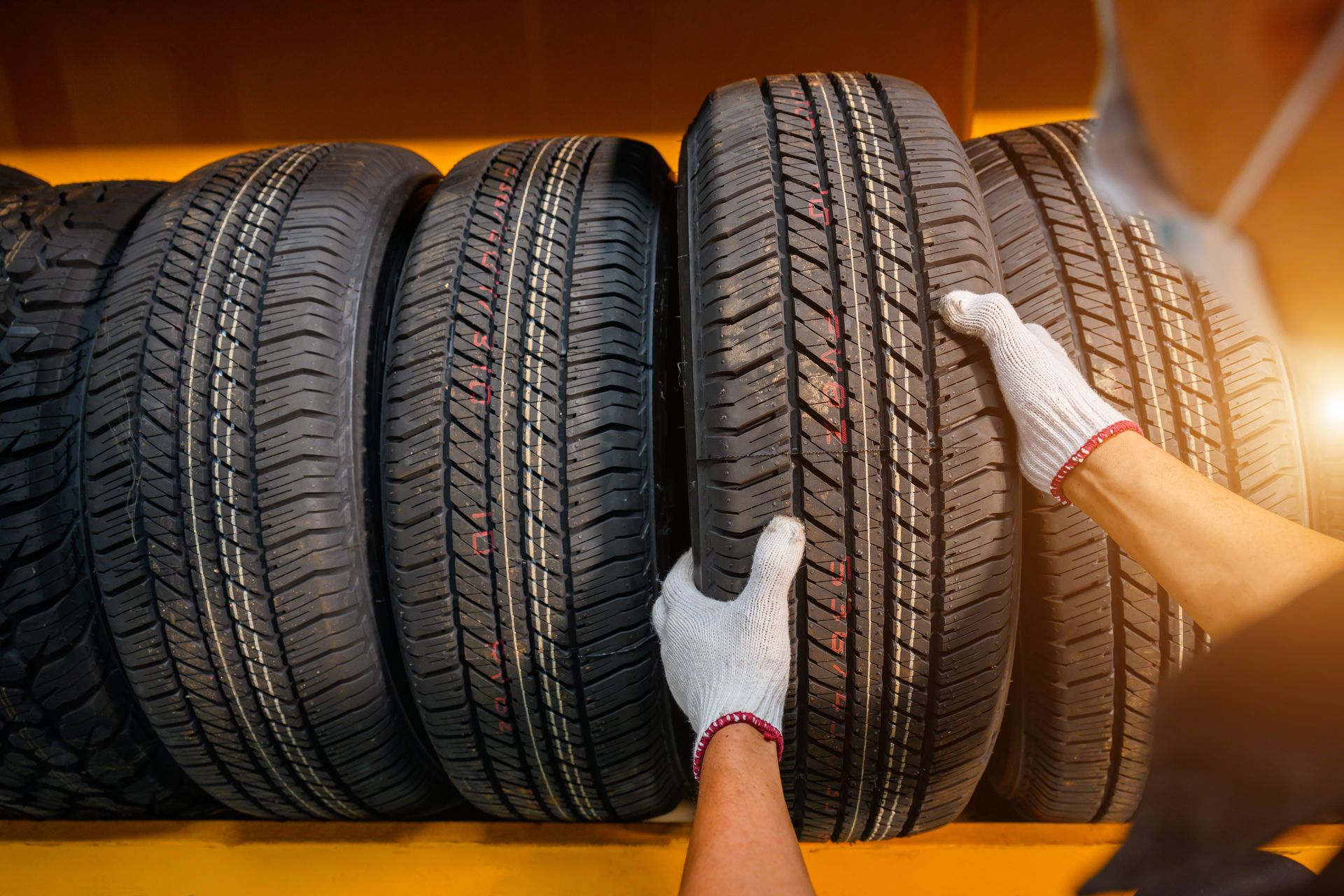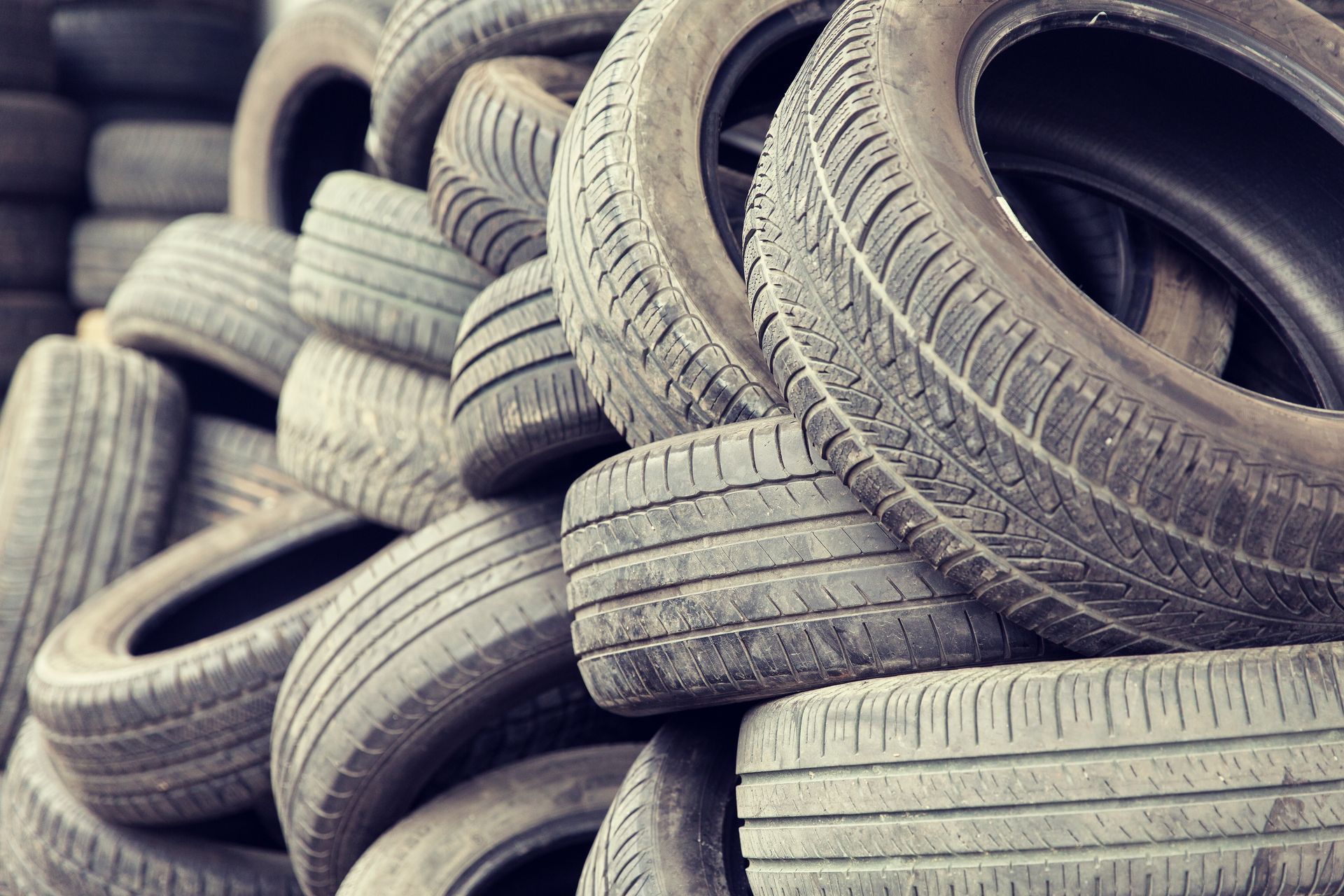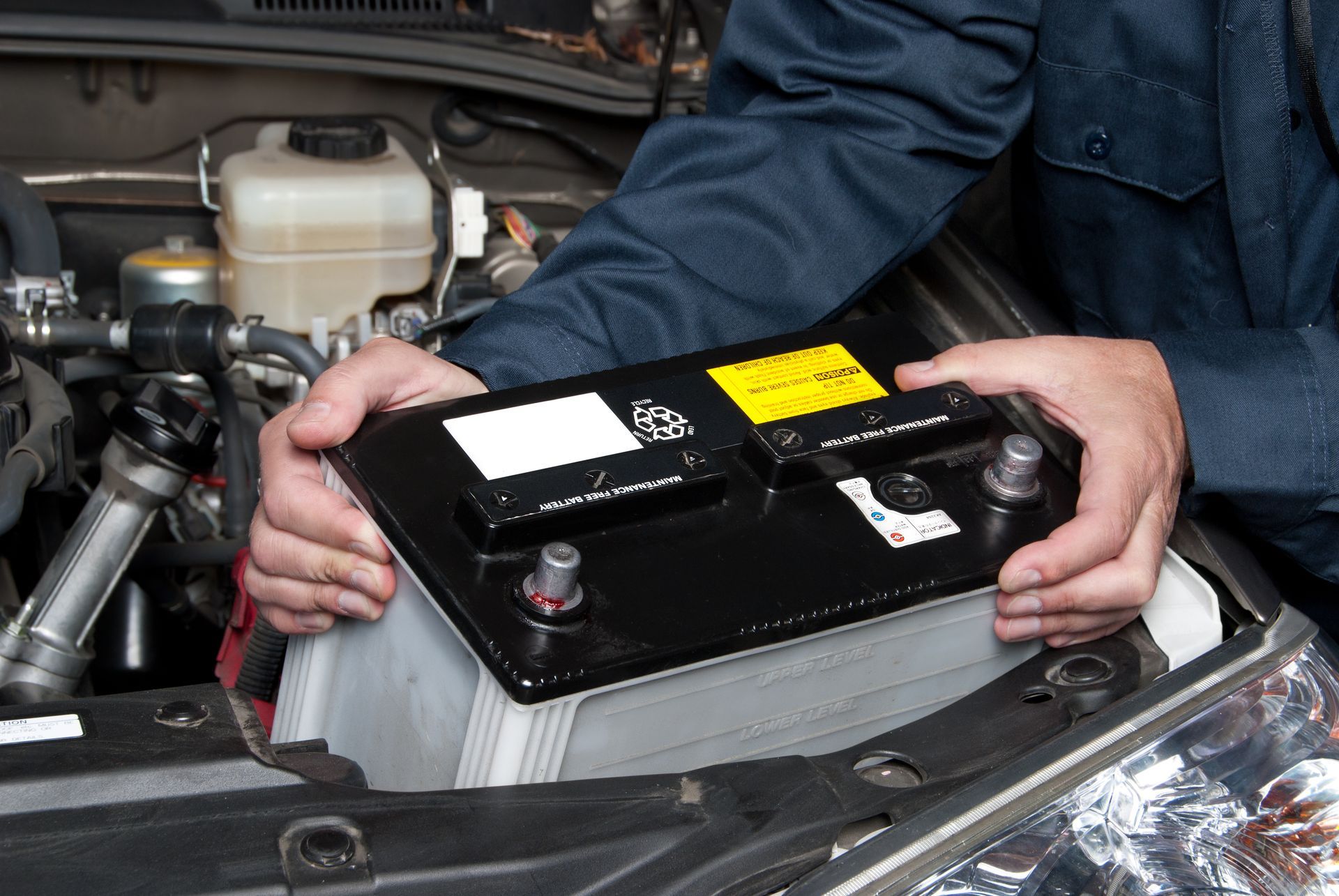Woodie's is Now Open and Proudly Serving Rock Hill
★
★
★
★
★
Review
My Garage
You do not have My Garage enabled.
Section under maintenance.
My Garage
You do not have My Garage enabled.
Section under maintenance.
Woodie's Specials
Check out our latest exclusive specials and rebates that we offer.
Over 19 Convenient Locations
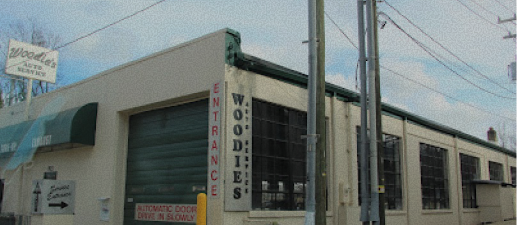
Midtown
(704) 837-7487
915 South McDowell St., Charlotte, NC 28204
Mon-Fri: 7:00AM - 6:00 PM
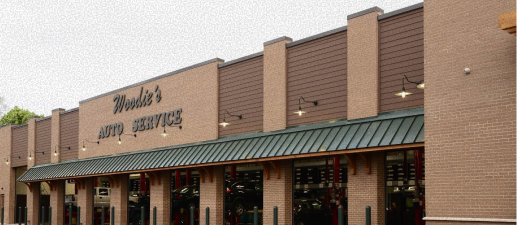
Ballantyne
(704) 954-8446
14408 Adair Manor Ct., Charlotte, NC 28277
Mon-Fri: 7:00AM - 7:00 PM
Sat: 7:00AM - 5:00 PM
Carmel Road
(704) 837-4380
6625 Carmel Rd., Charlotte, NC 28226
Mon-Fri: 7:00AM - 7:00 PM
Sat: 7:00AM - 5:00 PM
Arrowood
(704) 624-7650
2201 W Arrowood Rd, Charlotte, NC 28217
Mon-Fri: 7:00AM - 6:00 PM
Sat: 7:00AM - 5:00 PM
Uptown
(704) 802-5437
520 North Tryon St., Charlotte, NC 28202
Mon-Fri: 7:00AM - 6:00 PM
Sat: 8:00AM - 4:00 PM
Charlottetowne Avenue
(704) 817-4140
1024 Charlottetowne Ave., Charlotte, NC 28204
Mon-Fri: 7:00AM - 6:00 PM
Ashley Road
(704) 445-9063
1404 Ashley Road, Charlotte, NC 28208
Mon-Fri: 7:00AM - 6:00 PM
Sat: 7:00AM - 3:00 PM
Mallard Crossing
(704) 288-3284
3016 Prosperity Church Road, Charlotte, NC 28269
Mon-Fri: 7:00AM - 7:00 PM
Sat: 7:00AM - 5:00 PM
Indian Lands
(803) 253-2181
9528 Charlotte Hwy, Indian Land, SC 29707
Mon-Fri: 7:00AM - 6:00 PM
Sat: 7:00AM - 05:00 PM
Huntersville
(704) 885-5193
9745 Rose Commons Dr., Huntersville, NC 28078
Mon-Fri: 7:00AM - 7:00 PM
Sat: 7:00AM - 5:00 PM
Davidson
(980) 231-1123
179 Davidson Gateway Dr., Davidson, NC 28036
Mon-Fri: 7:00AM - 7:00 PM
Sat: 7:00AM - 5:00 PM
Mint Hill
(704) 209-7056
9107 Lawyers Road, Mint Hill, NC 28227
Mon-Fri: 7:00AM - 7:00 PM
Sat: 7:00AM - 5:00 PM
Matthews
(980) 245-4790
10725 Monroe Road, Matthews, NC 28105
Mon-Fri: 7:00AM - 7:00 PM
Sat: 7:00AM - 5:00 PM
Savannah Hwy
(843) 377-9880
1905 Savannah Hwy, Charleston, SC 29407
Mon-Fri: 7:00AM - 7:00 PM
Sat: 7:00AM - 5:00 PM
Eagle
(843) 408-0809
830 Dupont Rd, Charleston, SC 29407
Mon-Thu: 8:00AM - 6:00 PM
Fri: 8:00AM - 5:00 PM
Summerville
(843) 420-3000
427 Old Trolley Road, Summerville, SC 29485
Mon-Fri: 7:00AM - 7:00 PM
Sat: 7:00AM - 5:00 PM
Fort Mill at Doby's Bridge
(803) 232-5447
290 N Dobys Bridge Rd, Fort Mill, SC 29715
Mon-Fri: 7:00AM - 7:00 PM
Sat: 7:00AM - 5:00 PM
East Cooper
(843) 849-1770
1395 Stuart Engals Boulevard, Mount Pleasant, SC 29464
Mon-Fri: 8:00AM - 5:00 PM
Celanese
(803) 578-7984
2615 Celanese Road, Rock Hill, SC 29732
Mon-Fri: 7:00AM - 7:00 PM
Sat: 7:00AM - 5:00 PM
Midtown
(704) 837-7487
915 South McDowell St., Charlotte, NC 28204
Mon-Fri: 7:00AM - 6:00 PM
Loading ...
Missing nap lines data / Error occured while getting the data.
Blog
Employee Spotlight
Reviews
